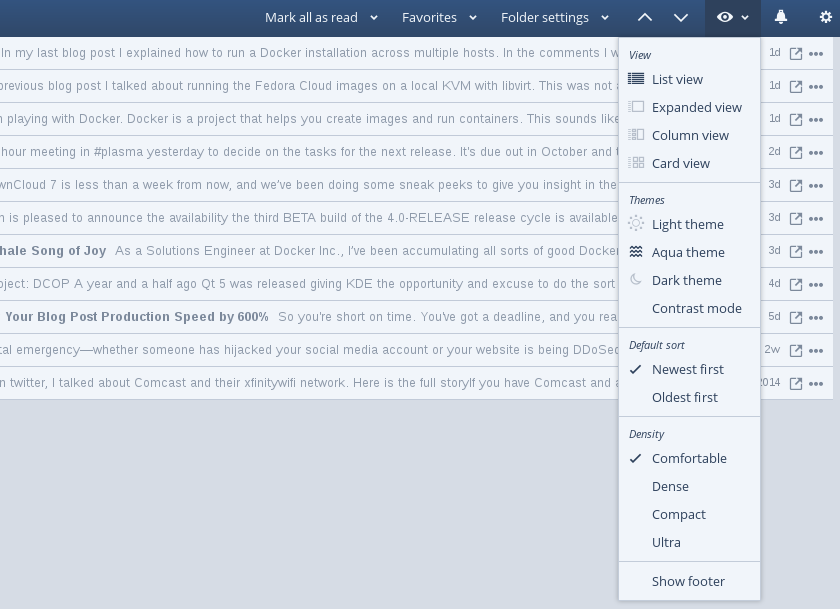WhiteHat Aviator is a Web browser that’s just been released by WhiteHat Security, a Web security company based in Santa Clara, California. At a time when Web browsers are not in short supply, it’s tempting to ask, What’s the point of this new Web browser?
Because it’s good for your privacy and security, says the guys from WhiteHat Security.
I like applications that help me to keep my online activities secure and private, so this sounds like a browser I can use. According to Robert Hansen, who introduced WhiteHat Aviator in this blog post, the default settings in the Web browsers you use are not designed with your privacy and security in mind. Why?
According to Robert:
The answer is simple. Browser vendors (Google, Mozilla, and Microsoft) choose not to make these changes because doing so would run the risk of hurting their market share and their ability to make money. You see, offering what we believe is a reasonably secure and privacy-protecting browser requires breaking the Web, even though it’s just a little and in ways few people would notice. As just one example of many, let’s discuss the removal of ads.
The online advertising industry is promoted as a means of helping businesses reach an interested target audience. But tens of millions of people find these ads to be annoying at best, and many find them highly objectionable. The targeting and the assumptions behind them are often at fault: children may be exposed to ads for adult sites, and the targeting is often based on bias and stereotypes that can cause offense. Moreover, these ads can be used to track you across the web, are often laden with malicious malware, and can point those who click on them to scams.
For somebody who runs a website that generates some money from ads, this browser can’t be good for business, but I can overlook that. The security and privacy part if more important than a few hundred bucks a month.
The part about this browser and the motives of Robert and company that I don’t quite get is this: At a time when people are acutely aware of how software vendors are helping government agencies in their citizens-tracking and spying operations, when the tech-savvy and security-conscious folks in the industry served by WhiteHat Security tend to be users of Free and Open Source software, or are paranoid about their privacy and security, it strikes me as funny that WhiteHat Aviator is a closed source application released for Mac OS X only.
But if you use Mac OS X, privacy and security, especially privacy – in the truest sense, are really not that important. There’s a chance that a Windows port will be released sometime in the future, but no mention of plans for a Linux port anywhere in Robert’s post, which speaks volumes.
If there’s a reluctance to releasing the source code or releasing a Free and Open Source version, WhiteHat Aviator can’t be that good for your privacy and security. The idea of trusting the protection of my privacy and security to a black-box application doesn’t sound like a very good one.
That said, I will still like to see what WhiteHat Aviator looks like. Unfortunately, I don’t own an Apple computer. For the Mac OS X user reading this, the download link is available here.








Better to leave this “gilded bird” alone, and to use the tools available to you in open source to keep your self secure, from iptables to whatever else you can get ahold of, as long as they’re not offering it to the F/OSS community then there’s a micro-speck of distrust there. At least with open source apps and packages you know that there are a LOT of eyes on the source code and what doesn’t look kosher usually gets nicked right out from the offset. Wonder why they even made announcements about it an all…shoulda just kept it to themselves!..LOL!
The idea of trusting the protection of my privacy and security to a black-box application doesn’t sound like a very good one.
Really nothing more to add to this sentence.
Maybe this will work with Darling one day 🙂
But who on GNU/Linux would want a “safe” browser with closed source?
Sounds like a good backdoor into a Mac, rather than a securely locked down and safe browser. Besides users can make the other browsers secure (get rid of ads, turn off 3rd party cookies, etc..)
No need for this.
I’m with you. If it’s closed, proprietary software, how do we know that it protects our privacy and security? Might as well keep using (pick your favorite).